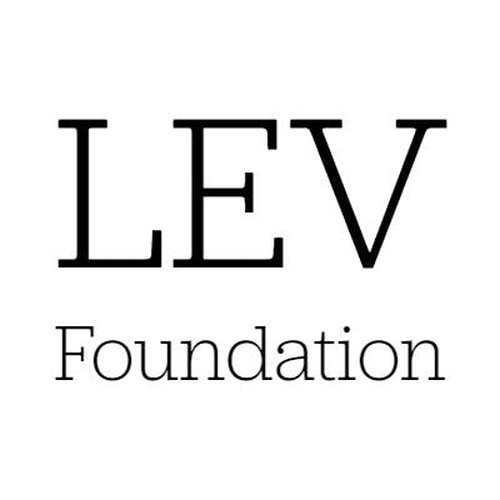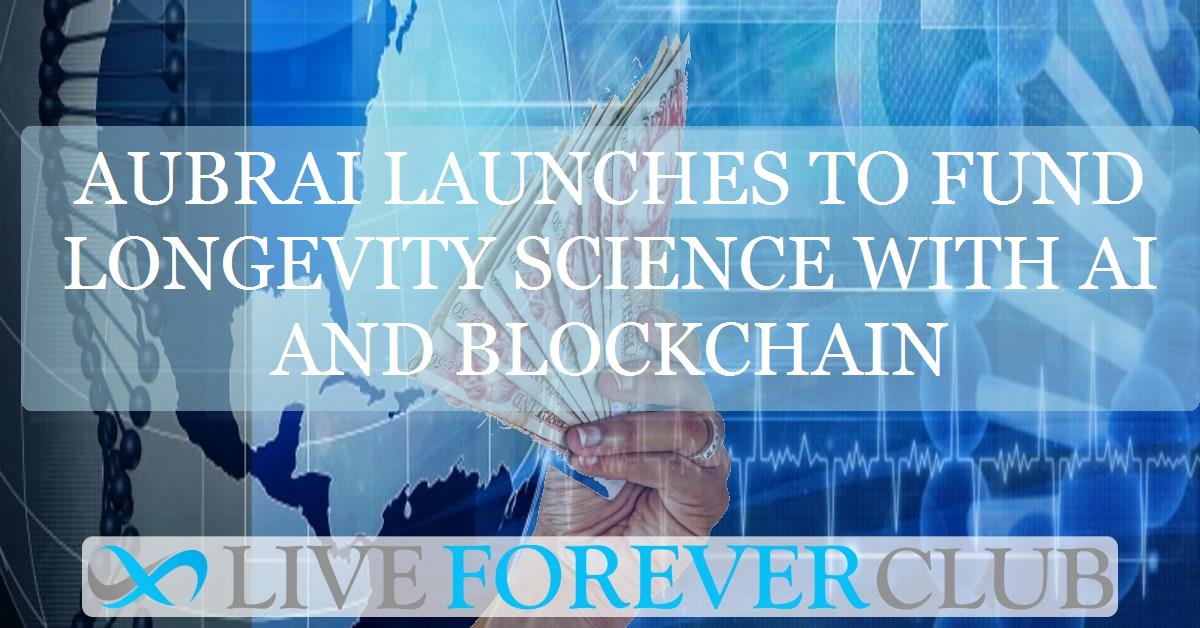Key points from article :
A new project called Aubrai has launched on the Base blockchain, aiming to reshape how longevity research is funded and managed. Built by VitaDAO and Bio Protocol in collaboration with Aubrey de Grey’s LEV Foundation, Aubrai is a decentralized AI agent that combines human expertise with artificial intelligence to accelerate discoveries in ageing science. It operates through blockchain-based governance and decentralized autonomous organizations (DAOs), allowing its community to directly fund experiments, vote on research priorities, and share in the rewards of successful outcomes.
At the core of Aubrai is the AUBRAI token, which gives holders permanent stakes in the project’s research pipeline. Token-holders can influence funding decisions and benefit from revenues generated when validated discoveries are licensed to biotech or pharmaceutical companies. This model is designed to bridge the notorious “valley of death” in science, where promising ideas often stall due to lack of traditional funding. By leveraging de Grey’s unpublished lab data and advanced AI analysis, Aubrai hopes to fast-track new hypotheses and guide experiments more efficiently than traditional methods.
The system is already being tested in Robust Mouse Rejuvenation (RMR2), one of the largest mouse lifespan studies ever conducted. According to de Grey, Aubrai has flagged experimental design issues and dosing concerns weeks earlier than researchers would have identified manually, streamlining one of the most complex projects in longevity research. Once results are validated, discoveries are transformed into intellectual property tokens that can be commercialized, with profits cycling back to contributors and labs—creating a self-sustaining ecosystem for science.
Despite its promise, decentralized science—or DeSci—faces hurdles. Tokenized intellectual property may raise regulatory questions, and traditional pharmaceutical firms may be slow to trust discoveries from decentralized collectives. Yet advocates like Bio Protocol founder Paul Kohlhaas argue that projects such as Aubrai represent a new model for science—where researchers can sustain their work outside philanthropy and conventional capital markets. If successful, Aubrai could mark a turning point for both longevity research and the broader role of blockchain in driving biomedical innovation.










